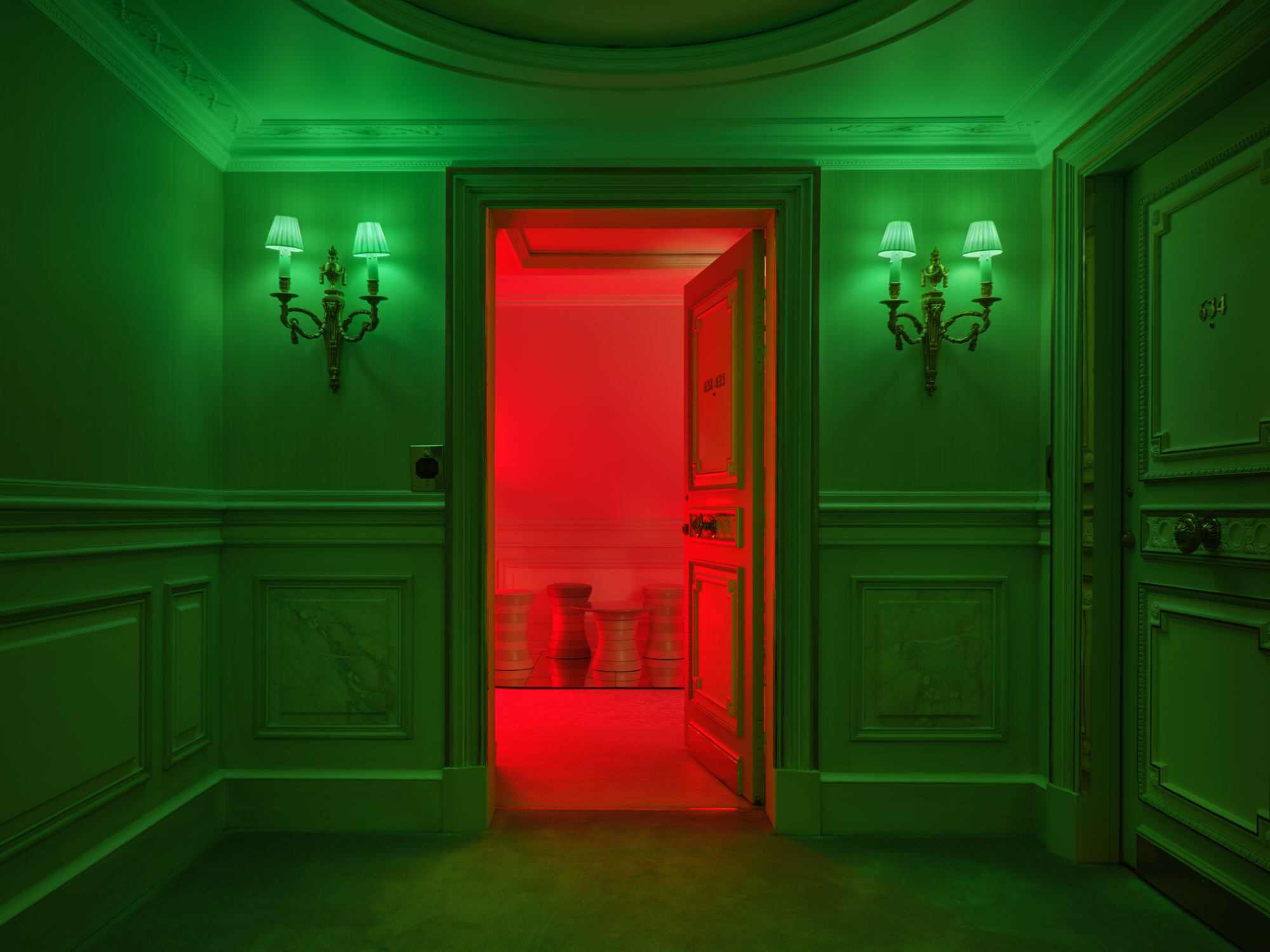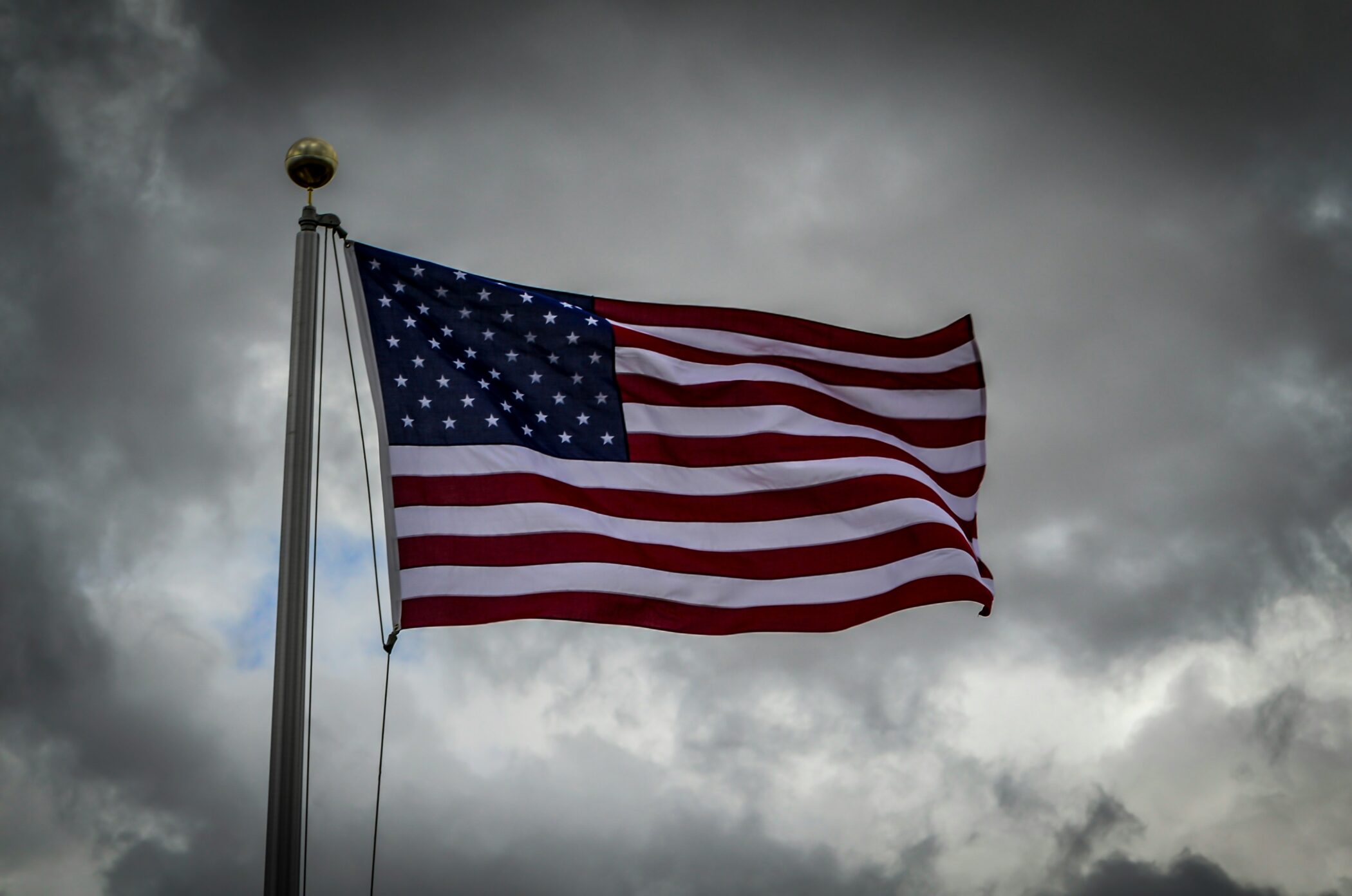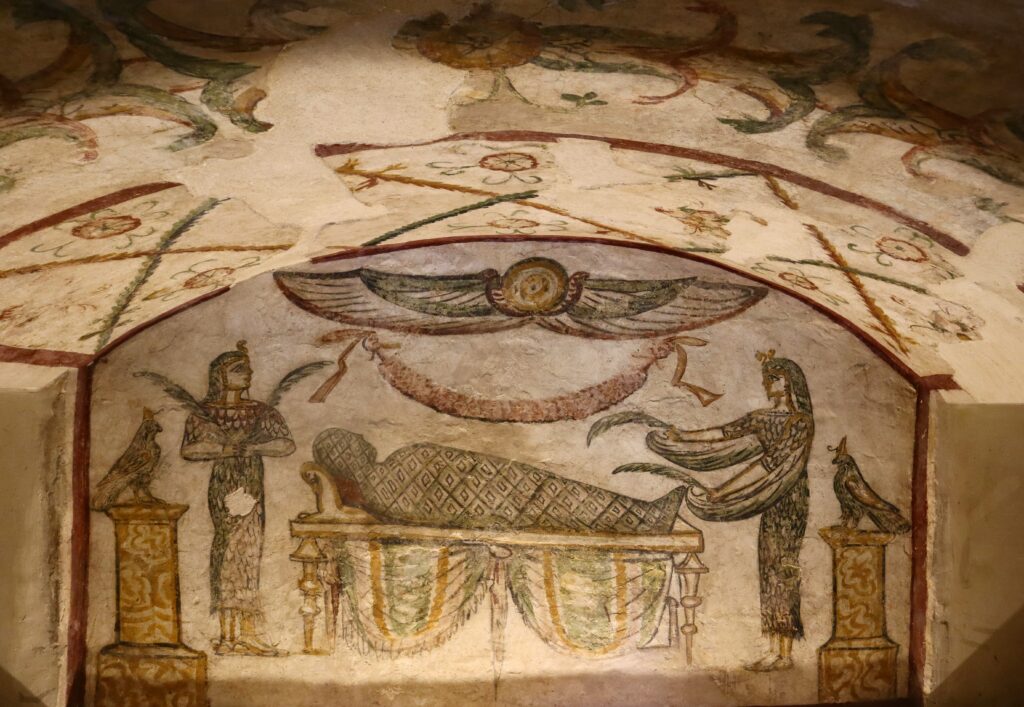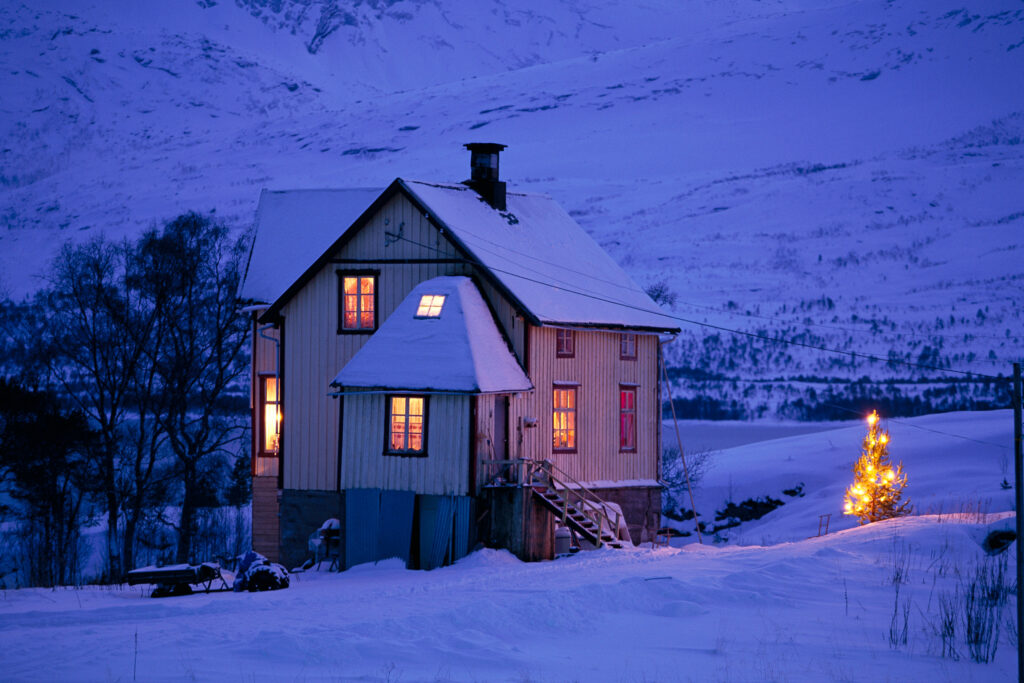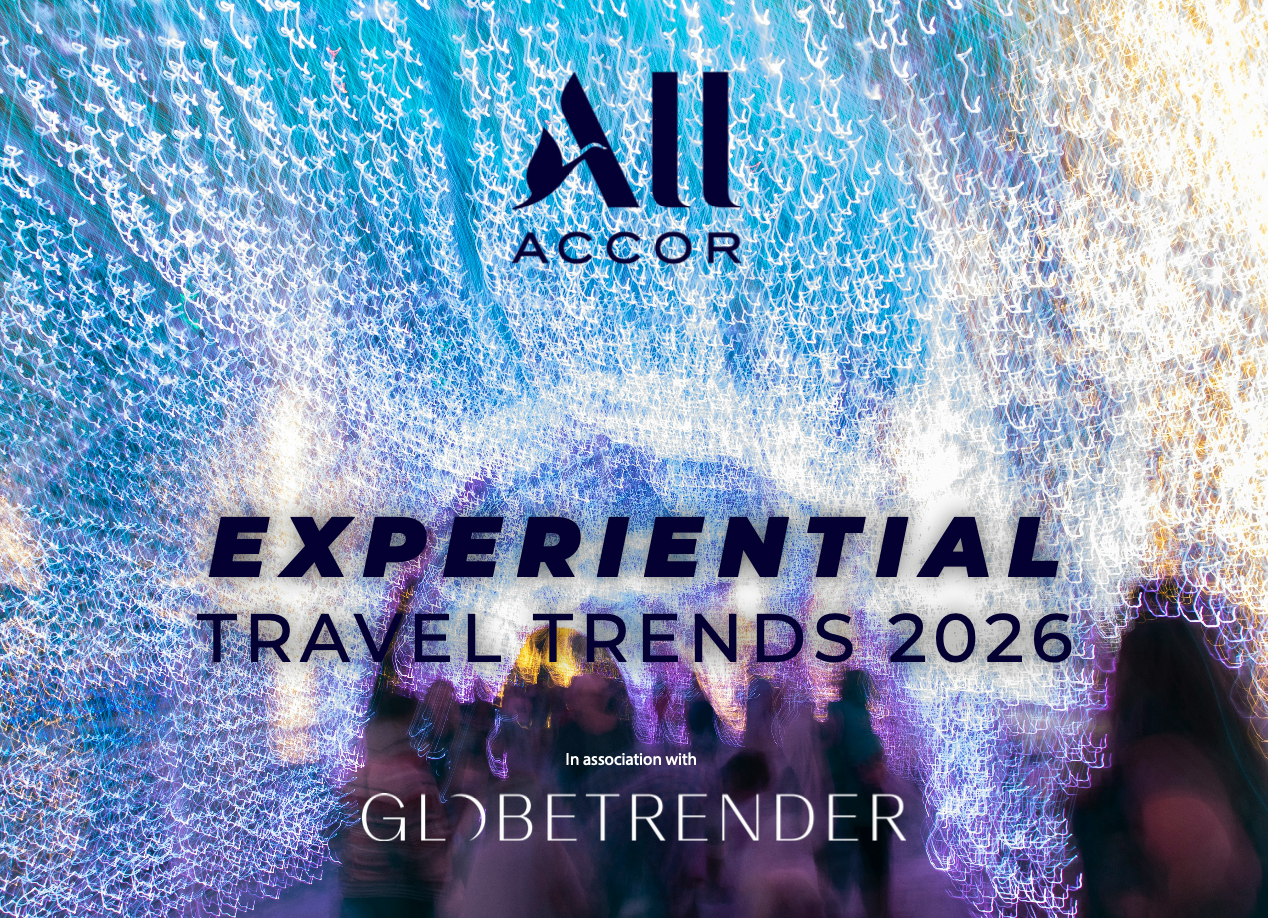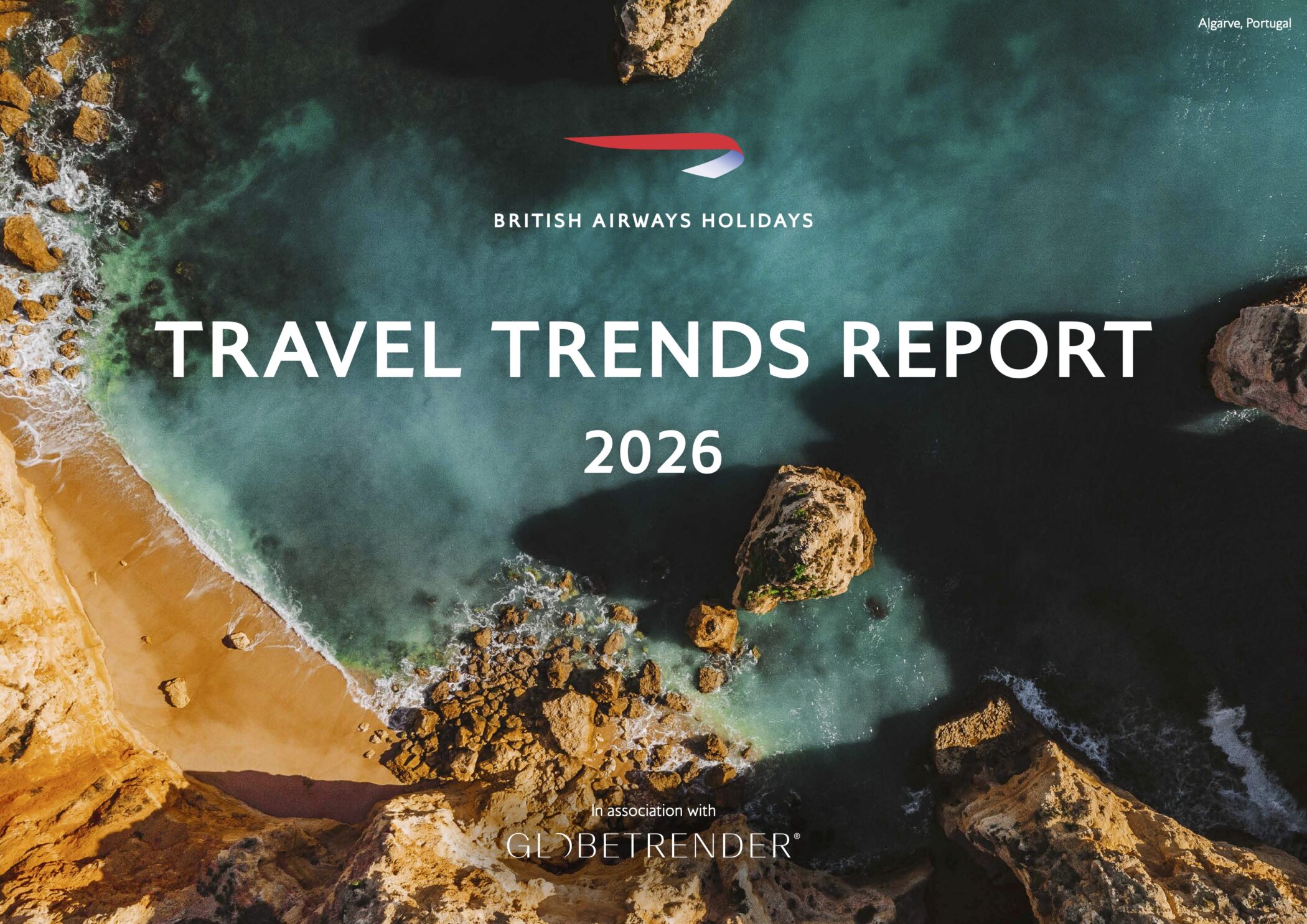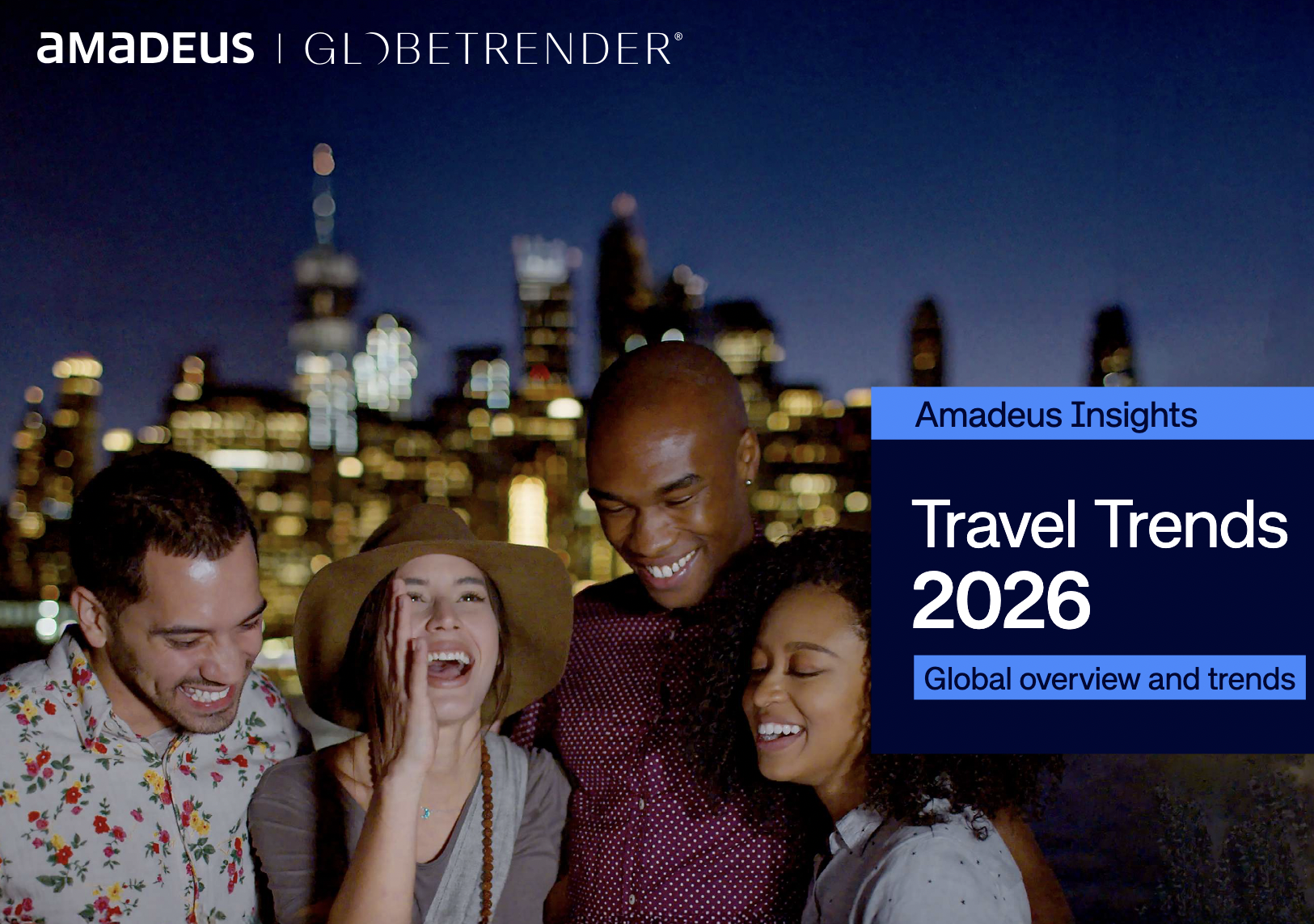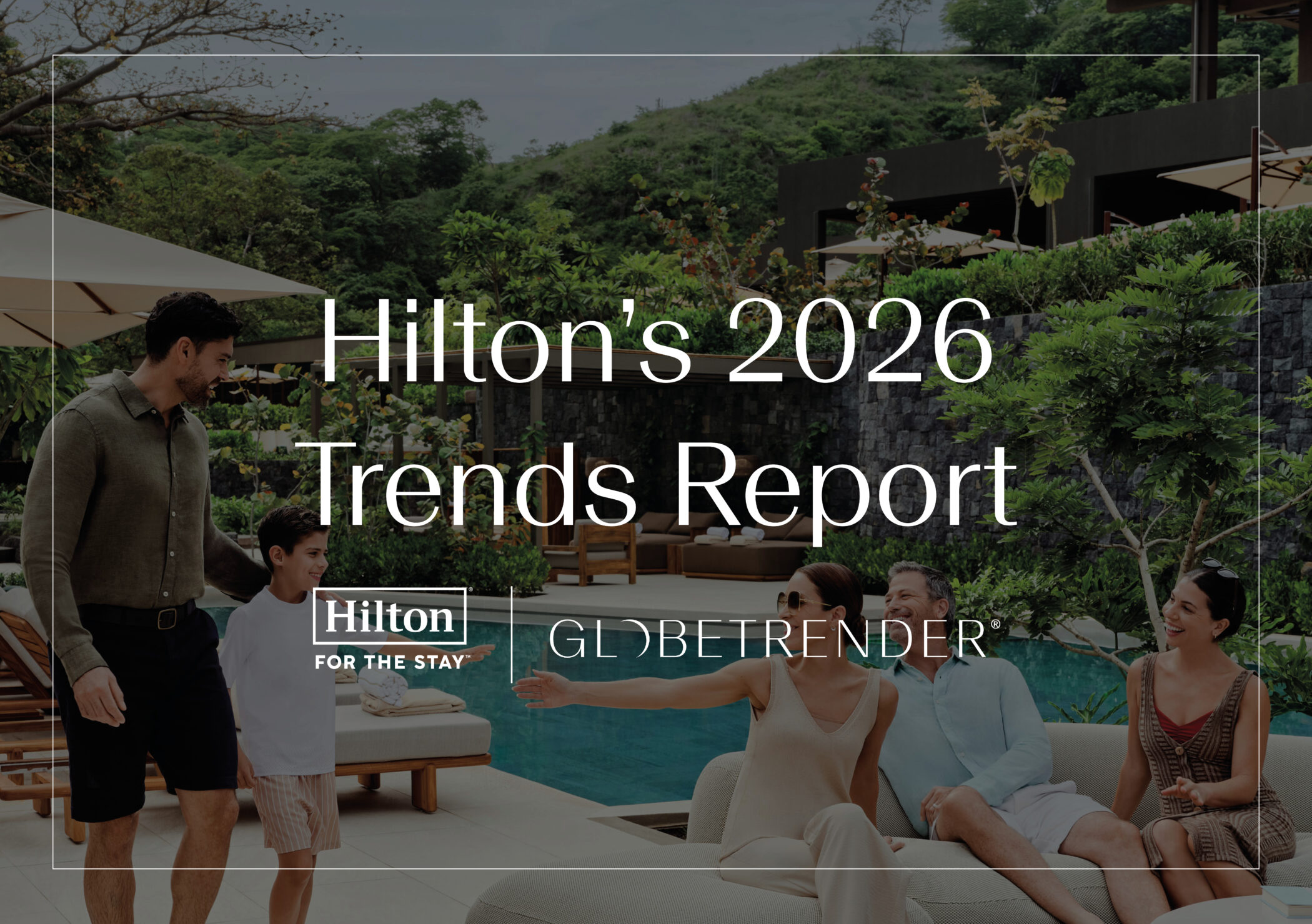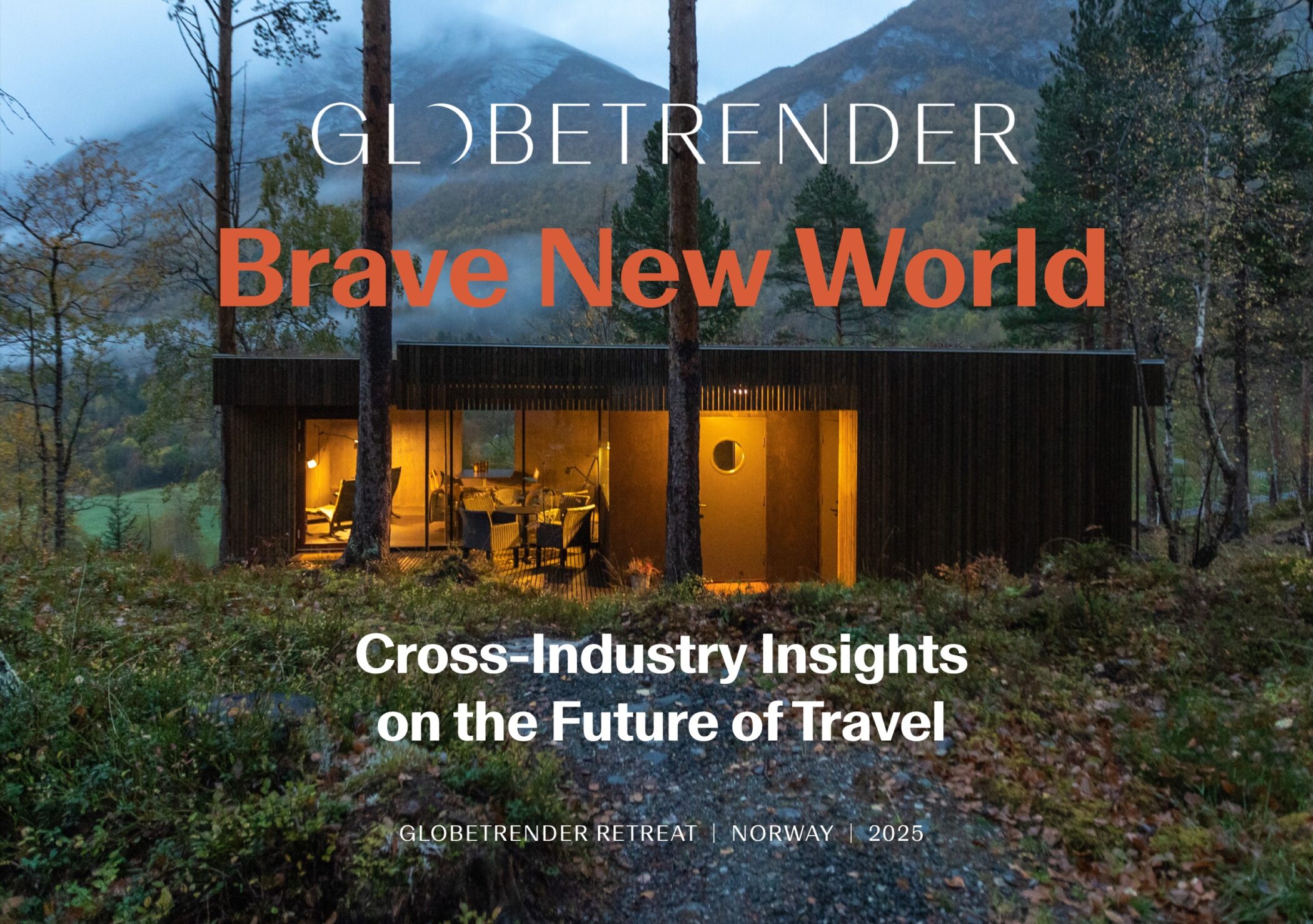Opodo reveals influence of culture on travel bookings
93% of people say they would consider travelling based on books, films or art, with documentary inspiration proving more powerful than any other medium, says new research from Opodo. Olivia Palamountain reports
Data from Opodo reveals a significant gap between travel aspiration and action. Whilst 93% have travelled or would consider travelling based on cultural content, just 43% of Brits have actually booked such trips, compared to 71% of Germans and Spanish.
The survey of 9,000 respondents including 2,000 from the UK shows documentaries drive travel decisions more than any other medium, influencing 52% of global respondents and 48% in the UK. Films and videos affect 40% globally, TV series 30%, and fine art just 4%. Books motivate 25% of UK travellers, higher than the 15% in France and Portugal.
Regional variations within the UK are stark. London leads with 54% having booked culturally-inspired travel, whilst Northern Ireland records the lowest booking rate at 22% despite showing the highest interest in art-inspired travel at 18% compared to the national average of 4%. Northern Irish respondents are also most willing to travel within Europe at 63%, whilst Londoners prefer worldwide destinations at 53%.

Historical worlds such as Game of Thrones emerged as the most popular fictional landscape, chosen by 40% of global respondents. Magical worlds inspired by Harry Potter ranked second at 34%, with UK women showing significantly higher interest at 43% compared to 28% of men. Space-like locations such as Dune appeal to 21% globally, with UK men three times more interested than women at 28% versus 11%.
Generational divides are pronounced across all categories. Film and video influence 47% of 18-24 year olds but just 15% of those aged 65 and over. For magical destinations, millennials aged 25-34 show 48% interest compared to 21% of those 65 and over. Futuristic landscapes appeal to 25% of 35-44 year olds versus 6% of the oldest cohort.
The research indicates how streaming platforms and franchise storytelling have leant on set-jetting as a form of destination marketing, with filming locations becoming travel destinations themselves.
However, the substantial gap between stated willingness and actual booking behaviour suggests cultural content creates aspiration more effectively than it converts to travel action. The 93% expressing openness to culturally-inspired travel contrasts sharply with booking rates, indicating barriers between inspiration and purchase that the travel industry has yet to overcome.
Welsh respondents showed the strongest domestic preference at 26% willing to travel within their own country, whilst globally 59% would travel worldwide based on inspiration. The data reveals that whilst cultural content successfully plants travel ideas, converting those ideas into bookings requires additional factors beyond initial inspiration.





